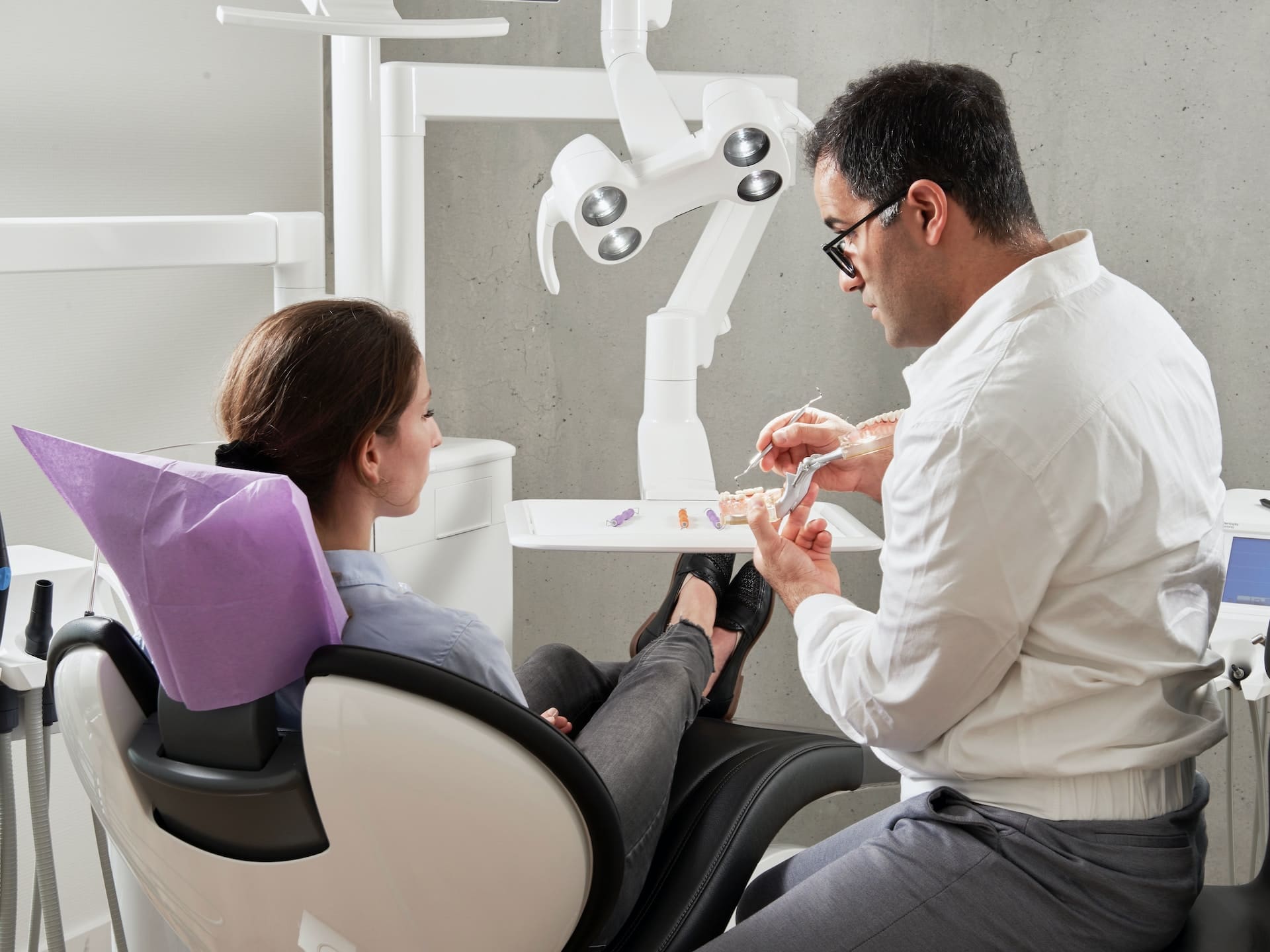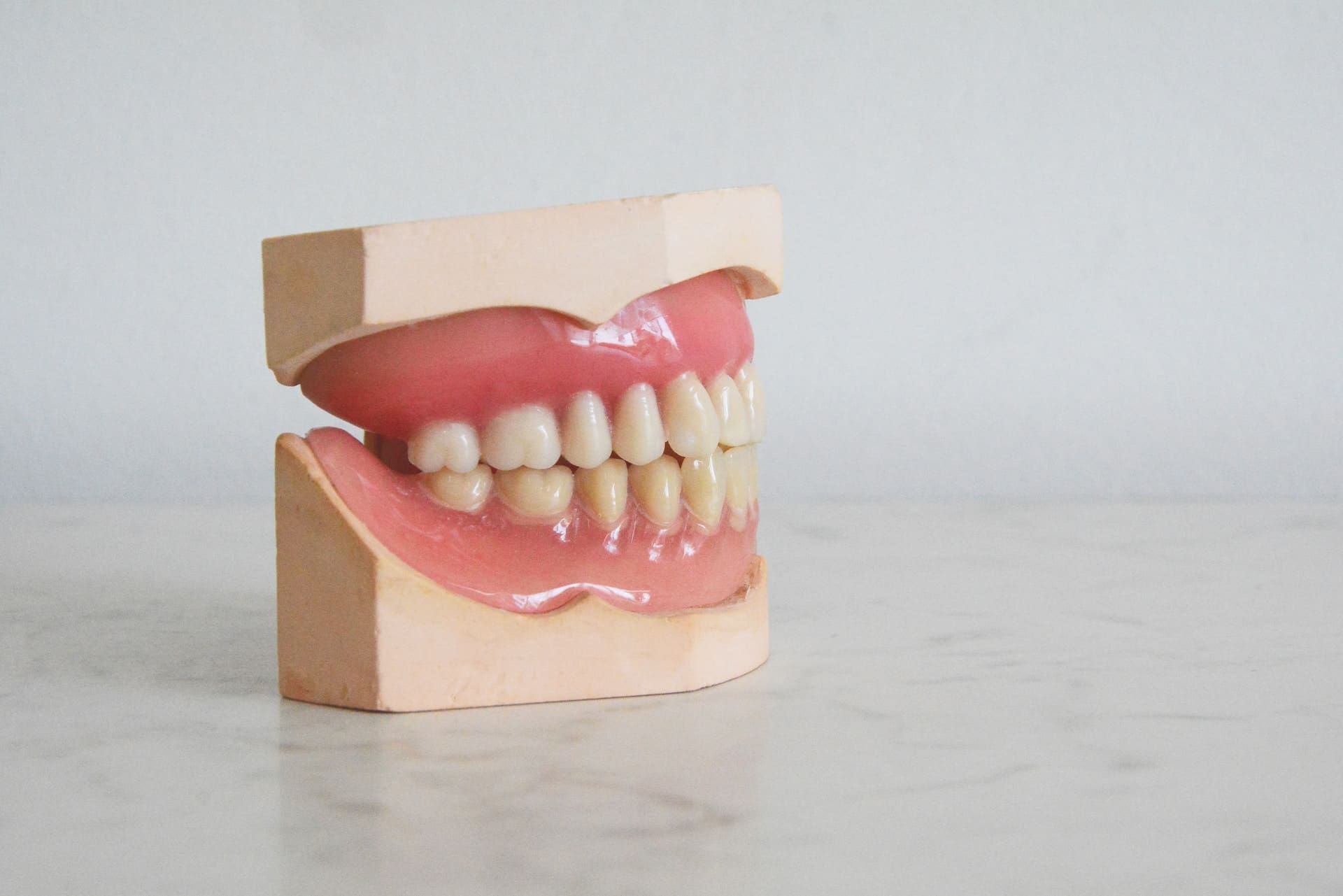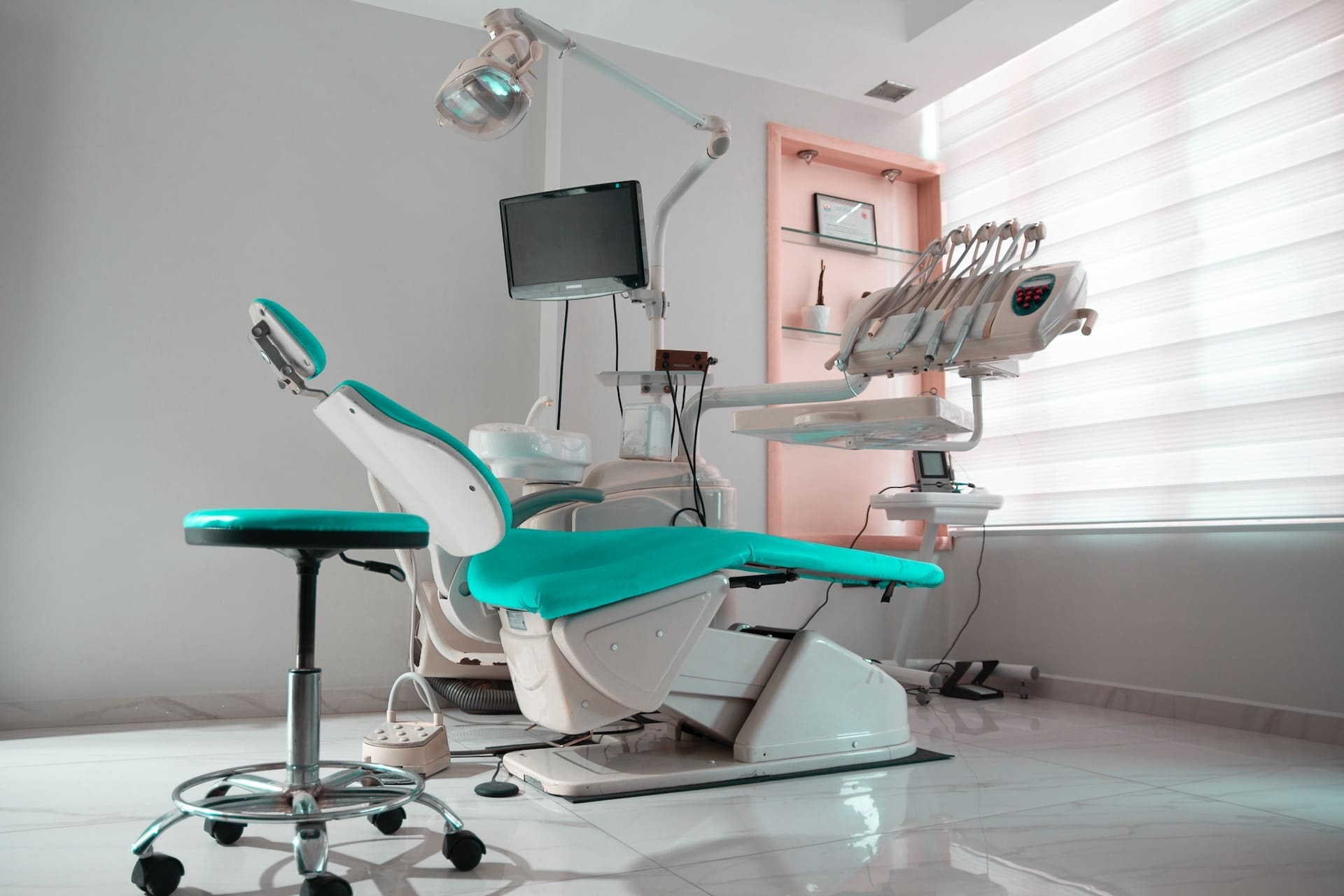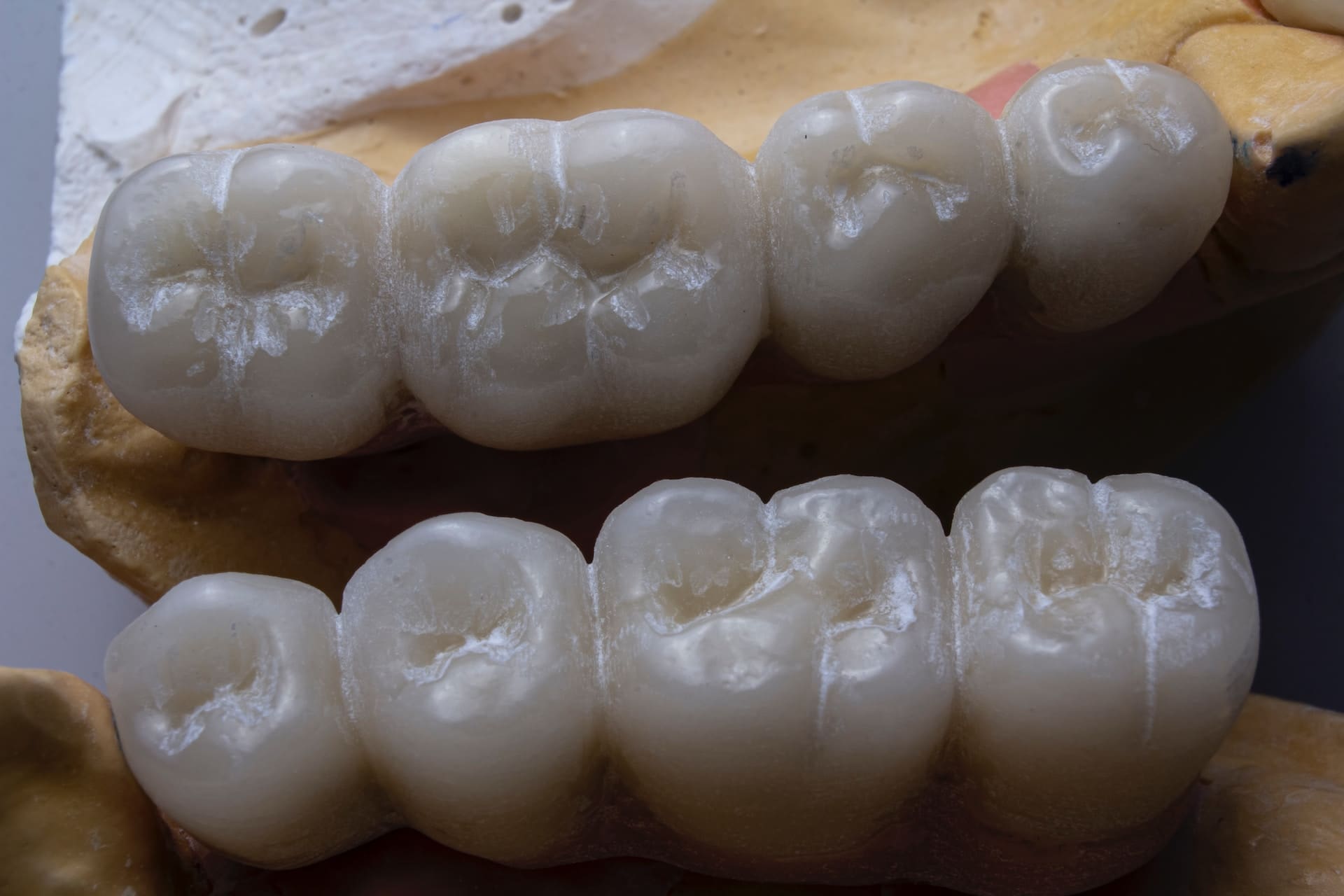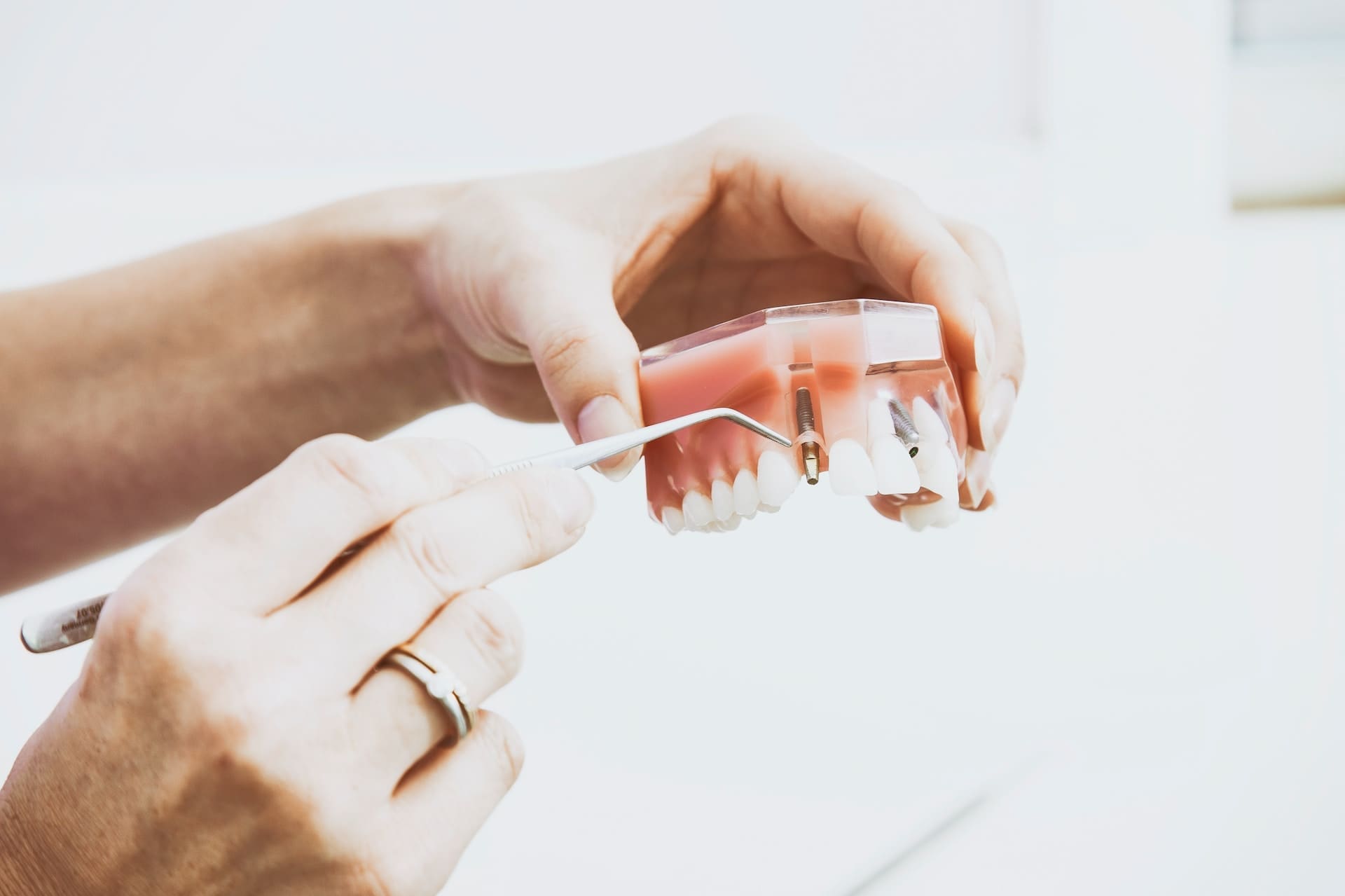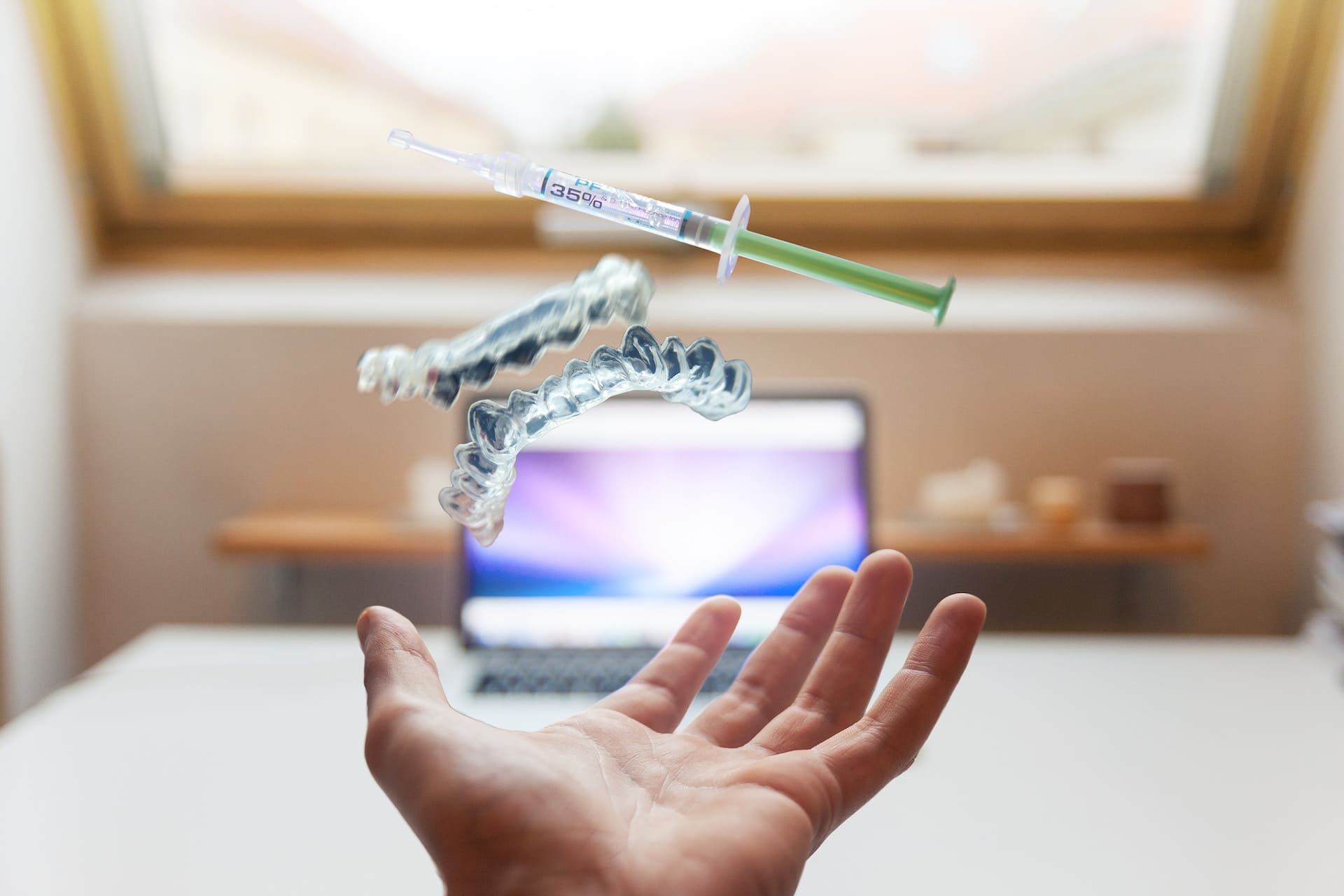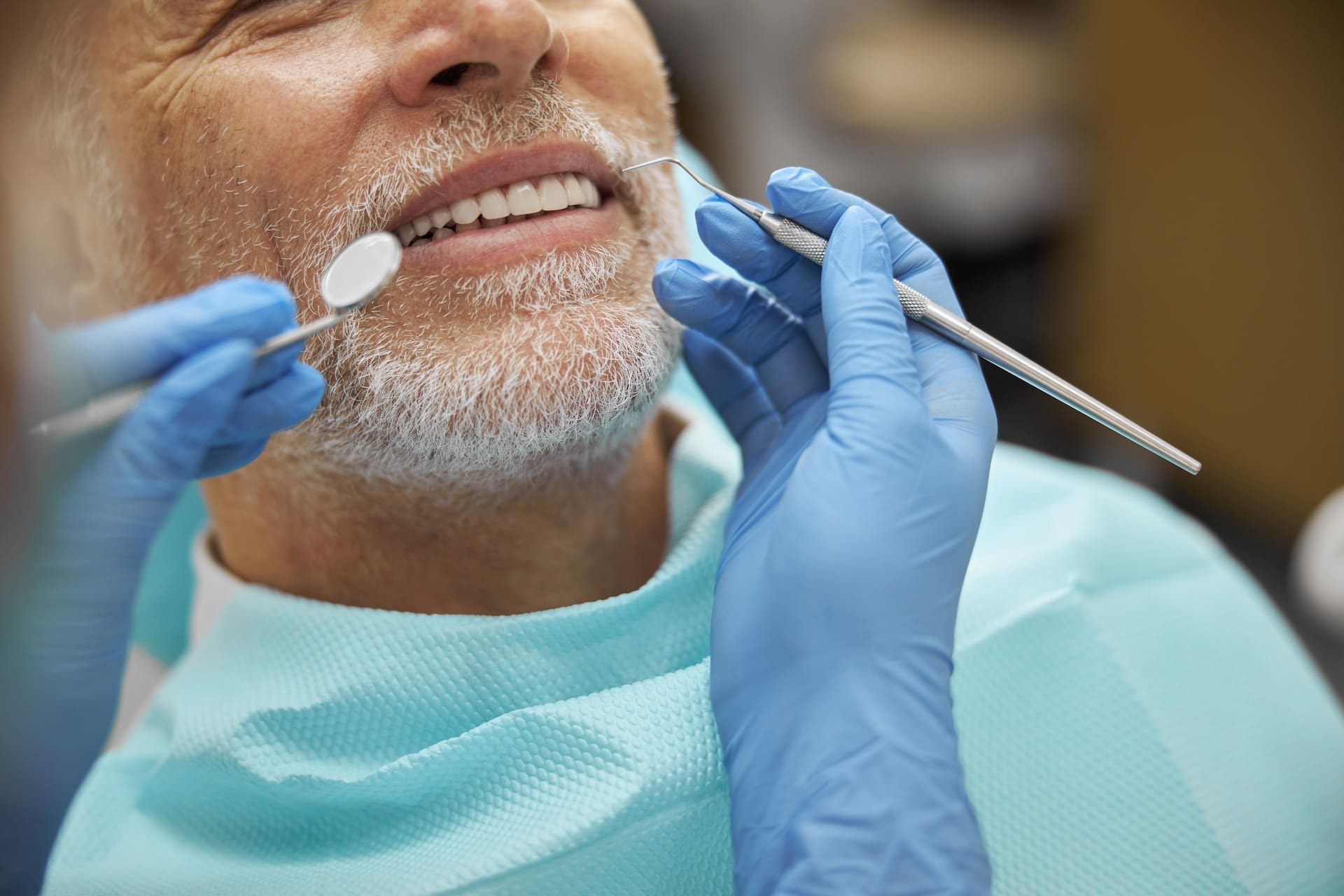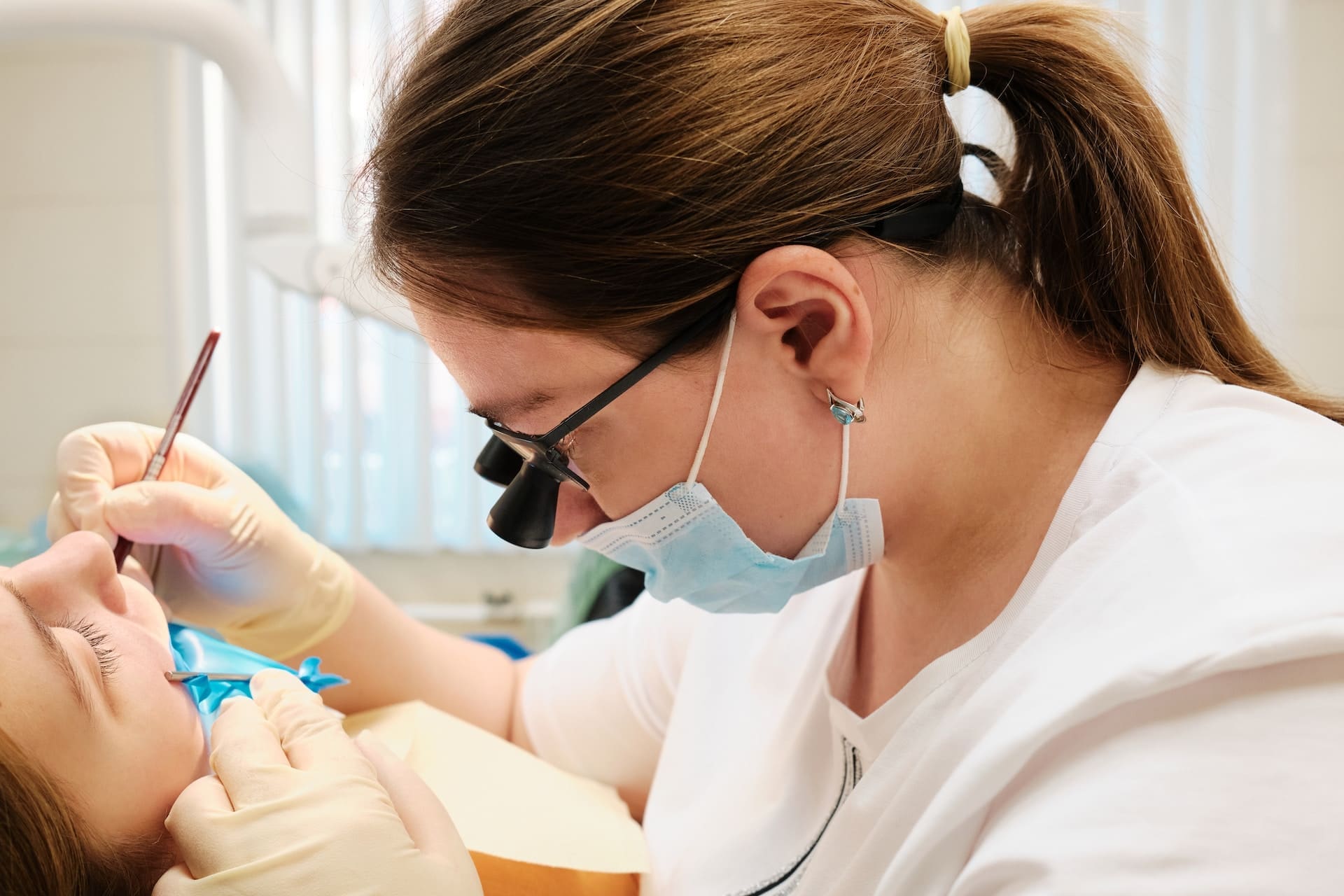Avoid These 7 Mistakes for Successful Dental Implants
Dental implants have revolutionized the dental industry, providing a permanent solution for missing teeth. They are strong, durable, and can last a lifetime with proper care. However, there are common mistakes that patients make that can compromise the success of their dental implants. In this article, we will discuss the top 7 mistakes to avoid with dental implants.
Mistake #1: Choosing an Inexperienced Implant Dentist
Choosing an experienced and qualified implant dentist is crucial for the success of your dental implant procedure. An inexperienced dentist may not have the necessary skills and knowledge to perform the procedure correctly, leading to complications and implant failure. Before choosing an implant dentist, make sure to do your research and ask for referrals from friends, family, or your regular dentist.
Mistake #2: Skipping the Consultation
It is crucial to consult your dentist to find out if you are an appropriate candidate for dental implants. Not having this consultation can cause issues during the procedure, including nerve damage or loss of bone. In this meeting, your dentist will assess your general health, dental background, and the density of your jawbone to decide if dental implants are suitable for you.
Mistake #3: Failing to Follow Post-operative Instructions
After the procedure, your dentist will provide you with post-operative instructions. These instructions are designed to help you heal properly and avoid complications such as infection or implant failure. It can lead to complications, delay healing, and compromise the success of your dental implant if you don’t follow these instructions.
Mistake #4: Neglecting Oral Hygiene
Proper oral hygiene is crucial for the success of your dental implant. If you don’t take care of your oral health, you may develop gum disease, which can weaken your dental implant and cause it to fail. To prevent this, brush your teeth two times a day, floss every day, and see your dentist on a regular basis for examinations and cleanings.
Mistake #5: Continuing Bad Habits
Certain bad habits can compromise the success of your dental implant. These include smoking, chewing on hard objects, and grinding your teeth. Smoking can lead to implant failure by reducing blood flow to the implant site while chewing on hard objects and grinding your teeth can damage the implant and surrounding teeth. Avoiding these bad habits can help ensure the success of your dental implant.
Mistake #6: Choosing Cheap Implants
While it may be tempting to choose cheap dental implants, this can lead to complications and implant failure. Cheap implants are often made with low-quality materials that are not as durable as high-quality implants. They may also be placed by inexperienced dentists who lack the necessary skills and knowledge to perform the procedure correctly. Investing in high-quality dental implants and an experienced implant dentist is crucial for the success of your dental implant.
Mistake #7: Not Maintaining a Healthy Lifestyle
A healthy lifestyle is essential for the success of your dental implant. Eating a healthy diet, exercising regularly, and avoiding alcohol and drugs can help ensure the success of your dental implant. These habits can promote overall health and well-being, which can contribute to the success of your dental implant.
Conclusion
Dental implants are a permanent solution for missing teeth but require proper care to ensure their success. Avoiding the common mistakes discussed in this article, such as choosing an inexperienced implant dentist, neglecting oral hygiene, and continuing bad habits, can help ensure the success of your dental implant. Remember to follow your dentist’s instructions, maintain good oral hygiene, and live a healthy lifestyle to enjoy your dental implant for years to come.
Take the first step towards optimal oral health by scheduling an appointment with Weymouth Dental Arts. Our dentist in Weymouth, MA, offers a wide range of dental treatments to meet your needs, including dental implants. Contact us and let us help you achieve your best smile and enjoy a lifetime of healthy teeth and gums.

